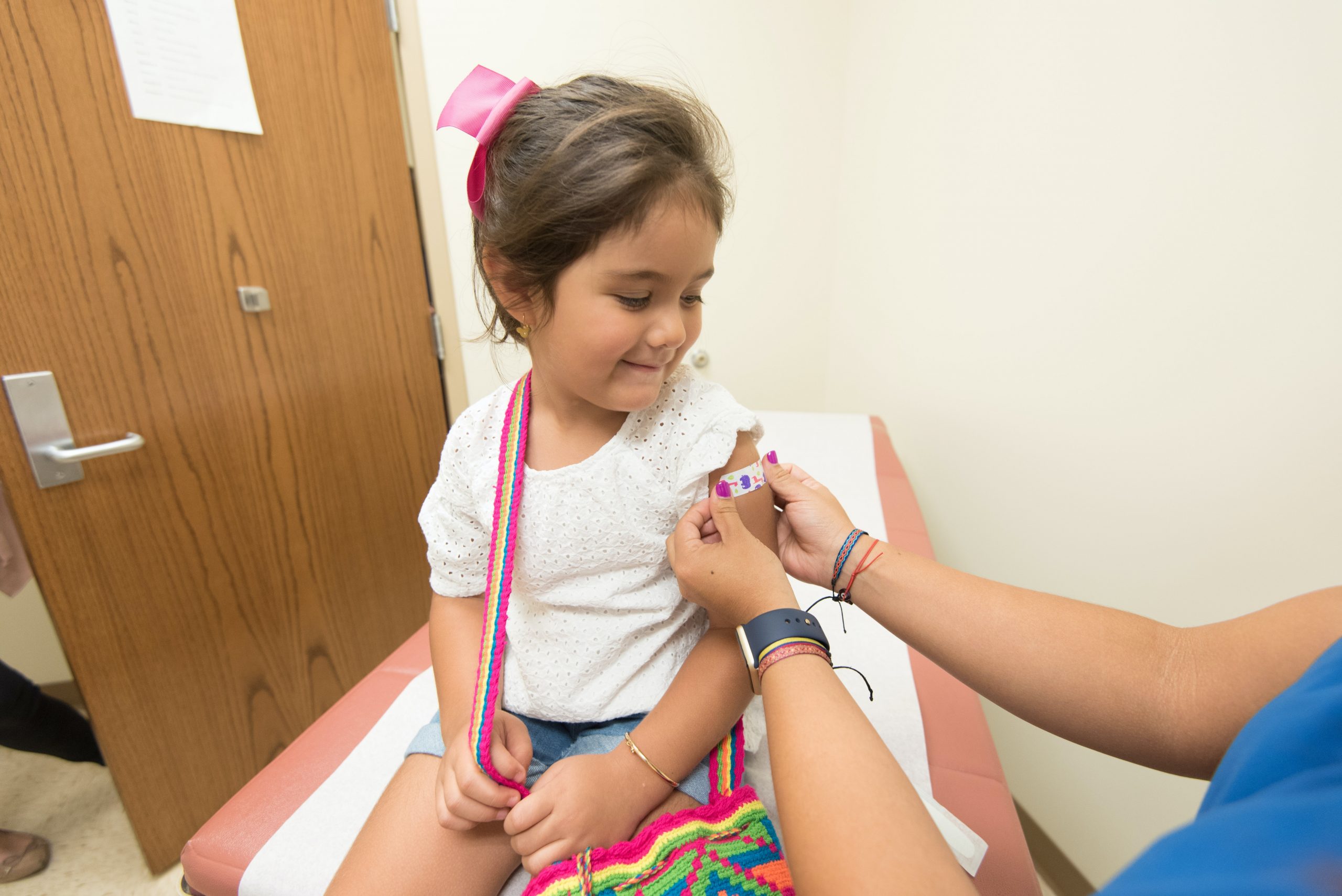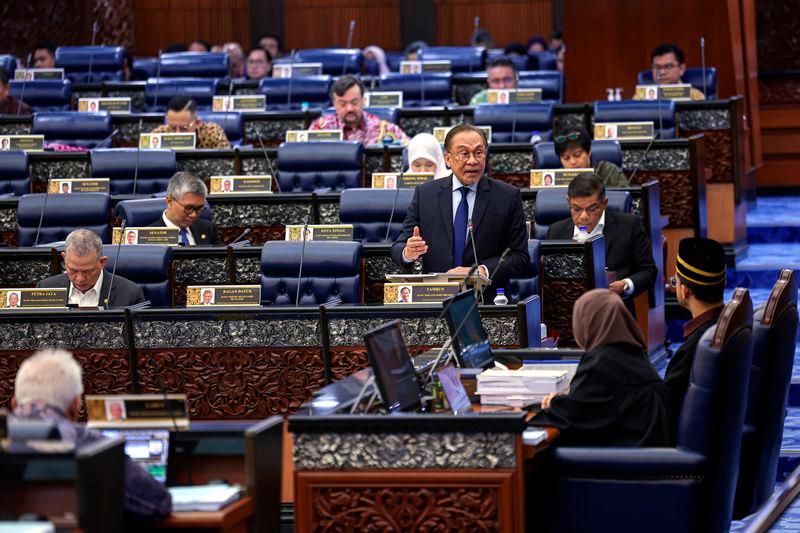Children below the age of 11 will receive one-third of the adult dose, with two shots given three weeks apart.
Parents can now start vaccinating their children aged between 5-11 with the Pfizer-BioNTech Covid-19 vaccine at any of the local health center, the Ministry of Public Health (MoPH) has announced.
Children will receive two vaccine doses eight weeks apart. The doses will be 1/3 of that given to people aged 12 years and older, authorities stated.
“The 10 microgram dose was carefully selected as the preferred dose for safety, tolerability, and immunogenicity in children 5 to 11 years of age. These are the first results from a pivotal trial of a Covid-19 vaccine in this age group,” the pharmaceutical giant stated in a report last year.
Significant evidence shows that the vaccination is safe and offers excellent protection against Covid-19 in children.
Pfizer Inc. and BioNTech SE added in the report that the results from its trial show “favourable safety profile and robust neutralising antibody responses in children 5 to 11 years of age using a two-dose regimen of 10 micrograms administered 21 days apart, a smaller dose than the 30 micrograms dose used for people 12 and older.”
Since the authorisation of the COVID-19 vaccine two months ago for children aged 5-11 in the US, an estimated 28% of 5-11 year-olds had received at least one Covid-19 vaccine dose as of January 18, 2022, according to KFF. No extreme reactions to the vaccine have been reported.
Children ‘highly infectious’
In November, a Qatari health official stated that children aged 5-11 contribute to approximately 63% of Covid-19 transmissions, especially amongst unvaccinated people.
This significantly contributes to the rise in cases, particularly during social gatherings and in-person learning.
A medical official with the US Centre for Disease Control and Prevention (CDC) told NBC News last year that over 1.9 million children within the same age group have tested positive for the coronavirus since the pandemic started, and more than 8,400 have been hospitalised.
The number is now expected to be much higher because of the highly contagious Omicron variant.
Children hospitalised due to the virus are reportedly more likely to be admitted to intensive care and in most cases require ventilators than children hospitalised with a flu, a health officer from the CDC has stated.
Infected children are also at risk of developing a rare inflammatory condition called multi-system inflammatory syndrome (MIS-C).
With in-person schools kicking off, authorities are urging parents to vaccinate their children as quickly as possible to control the spread of the virus. No appointment is needed to receive the vaccine.
More vaccinations, fewer cases
On 27 January, the MoPH reported less than 2,000 new cases of Covid-19, showcasing a steady decrease in daily infections in the last weeks.
On Sunday, Qatari authorities reported 1557 new cases, the lowest since 4 January. The dip in cases may be an indication that the third wave is slowly being contained in the Gulf state, thanks to the high vaccination drive and precautionary measures.
To date, over 783,800 people have received the three doses of the vaccine, according to recent statistics by the ministry of health. Meanwhile, around 86.9% of the total population have received both jabs, taking the total number of doses administered to 5,783,563.







